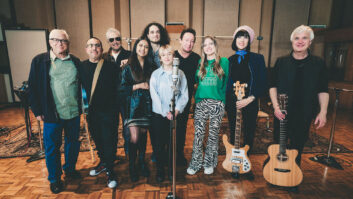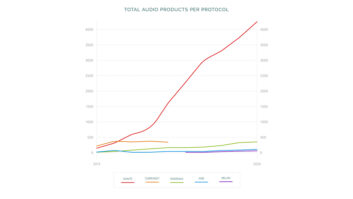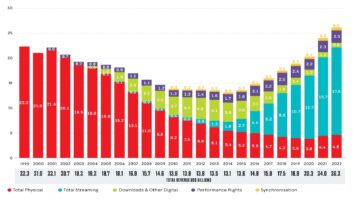
It’s all about incentive, right? For example, if we let companies patent genes, thus giving them a “temporary” monopoly, they are incentivized to do further research in the field. Because why else would someone work in the medical field other than for capital gain?
advertisement
Once upon a time, there was a common disease called poliomyelitis (or polio, for short). Thanks in large part to the efforts of Jonas Salk, who developed one of the safest vaccines against the disease, polio has been nearly eradicated from the earth. When he was asked about ownership of the vaccine, he reportedly replied “There is no patent. Could you patent the sun?”
Of course, Salk’s altruism serves as an important lesson. While we place great importance on intellectual property rights, there are times when it is more appropriate to share a technology, especially if it leads to greater developments down the road and allows everyone to benefit in the future (and for longer than the term length of a patent).
In his April 11, 2013, CNNMoney blog titled “One of tech’s most successful inventors never made a cent,” writer Kurt Wagner exemplifies the poisonous short-term-gain mentality of today’s business community by eagerly pointing out that synth pioneer Dave Smith “should be a billionaire,” but instead he gave away a technology so important that, three decades later, we use it in everyday products. Surely this Smith character must be a rube.
The article is, of course, referring to the Musical Instrument Digital Interface (MIDI) standard, which Smith spearheaded and, ultimately, developed with the help of others. (Smith and Roland Corporation founder Ikutaro Kakehashi were awarded Technical Grammys this year to recognize their achievement.)
The assertion of Wagner’s blog title is not really true: Smith has been a successful developer for decades, and he currently makes a comfortable living selling high-quality instruments under his own brand name. The title is also somewhat misleading. MIDI continues to solve an important problem—product interconnectivity—and the ubiquity of the protocol has spurred industry growth for 30 years, allowing Smith to profit from the technology a lot longer than if he had simply tied it up under a patent or made it proprietary. The history of MI is littered with proprietary formats.
“It’s hard to fathom today,” Wagner continues, “but when Smith collaborated with a handful of Japanese companies, he skipped the licensing fees, instead offering up his idea for the world to steal.” Of course, the world didn’t have to steal MIDI; it is a standard. And skipping licensing fees is not at all hard to fathom today, because we live in a culture where freeware, open source and Creative Commons are mainstream concepts.
“Five companies were involved with developing MIDI,” Smith explained to me via email after Wagner’s story was published. “So any ownership would have been with the companies, not me personally, or even me and Kakehashi (for example, SCI [Sequential Circuits Inc.] and Roland). Beyond that, we all agreed that we wanted 100-percent industry implementation, so it was really a no-brainer to give it away for that reason. I don’t recall any major discussions about it; it just seemed like the obvious way to go.” It was also a brilliant business move.
Ultimately, Wagner’s article is not about MIDI, but about ownership and valuing short-term returns over participation in an industry-wide ecosystem. The idea that every monetizable idea should be immediately locked down for the benefit of a few is an old-school model that is losing popularity with the digital natives that are infiltrating the business world. They see yesterday’s way of doing business as unsustainable. To borrow a phrase from Gerd Leonhard of the Futures Agency, we are witnessing a shift from ecosystems to ecosystems.
MIDI sets an example for an organic view of our industry where manufacturers and software developers think in terms of value for their customers rather than to their shareholders—a core business concept that seems to have been jettisoned in recent years, especially in response to software piracy. Instead of innovating and finding new market paradigms, the old guard increasingly wants to monetize as many assets as possible—and quickly—because they know the industry is not changing in their favor.
The answer is simple and time-tested: the loyalty of a developer’s customers will be built on the long-term goals it sets that benefit its users. Innovation to the degree that is required from today’s developers goes beyond simply releasing an updated code base. It demands a complete re-thinking of what customers want and solutions to real problems rather than incremental workflow improvements.
The incentive that MIDI has shown by example is that thinking of “us” rather than “me” not only increases our chances of surviving the technological changes that come with ever-increasing frequency, but also leads to prosperity that can be measured only in decades.







